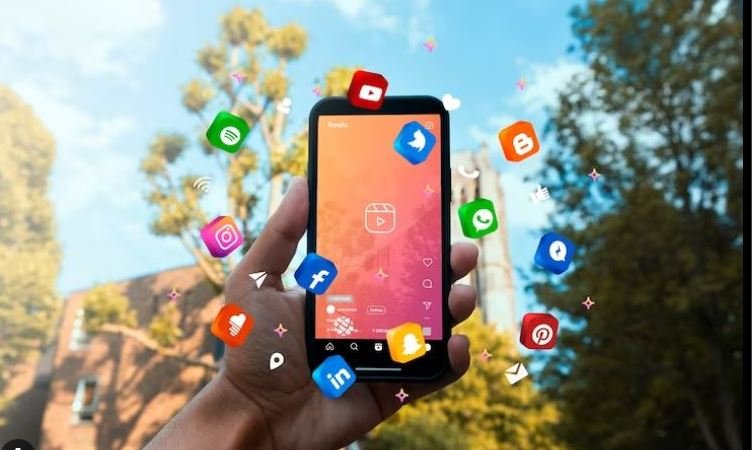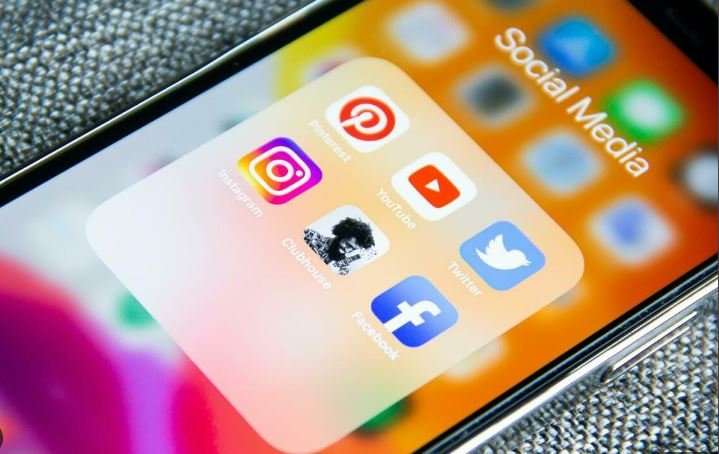The role of social media in modern PR has transformed how businesses communicate with their audiences. Social media has reshaped public relations, allowing brands to engage in real-time conversations, build relationships, and increase visibility. As more companies embrace digital platforms, social media continues to play an essential role in PR strategies.

1. Real-Time Communication and Engagement
The role of social media in modern PR revolves around real-time communication. Social platforms allow brands to interact directly with their audience, responding to questions, comments, or concerns instantly. This immediacy strengthens relationships between businesses and their consumers, helping foster trust and loyalty.
Through platforms like Twitter, Facebook, and Instagram, companies can update followers with the latest news or announcements. Furthermore, these platforms provide opportunities for meaningful engagement, which includes asking for feedback or hosting live events. In this way, PR professionals use social media to create two-way communication channels that traditional methods cannot achieve.
2. Amplifying Brand Visibility
The role of social media in modern PR also focuses on increasing brand visibility. Social platforms offer PR teams a powerful tool to promote a brand’s message to a broader audience. With strategic posting, companies can gain more exposure than through traditional press releases alone.
Moreover, social media content can go viral, increasing a brand’s reach exponentially. By sharing blog posts, videos, or images, businesses attract not only their followers but also the followers of those who share the content. Using hashtags and tags allows brands to reach specific audiences, further amplifying their message.
Additionally, social media platforms have advanced algorithms, which prioritize relevant content, allowing brands to stay visible in their followers’ feeds. By consistently sharing valuable content, companies maintain a strong presence online, ensuring their message reaches the right people.
3. Crisis Management and Reputation Building
Another critical aspect of the role of social media in modern PR is its ability to manage crises. When negative press or a crisis arises, brands can use social platforms to respond quickly and transparently. A prompt, well-thought-out response can help mitigate damage to a company’s reputation.
In times of crisis, social media serves as a direct line of communication. PR teams can clarify misunderstandings, address concerns, and provide updates, all in real time. This helps prevent the spread of misinformation, as the company has control over the message being distributed.
Furthermore, brands use social media to build and maintain their reputation. Regularly sharing positive news, customer stories, or community involvement strengthens a brand’s image. Social platforms allow companies to showcase their values, making them more relatable and trustworthy in the eyes of the public.
Conclusion
The role of social media in modern PR has revolutionized how brands communicate with their audiences. Through real-time engagement, increased brand visibility, and crisis management, social media has become an indispensable tool for PR professionals. By leveraging these platforms effectively, businesses can build strong relationships, enhance their reputation, and ensure their message reaches the right audience. In today’s digital world, social media continues to shape the future of public relations.




